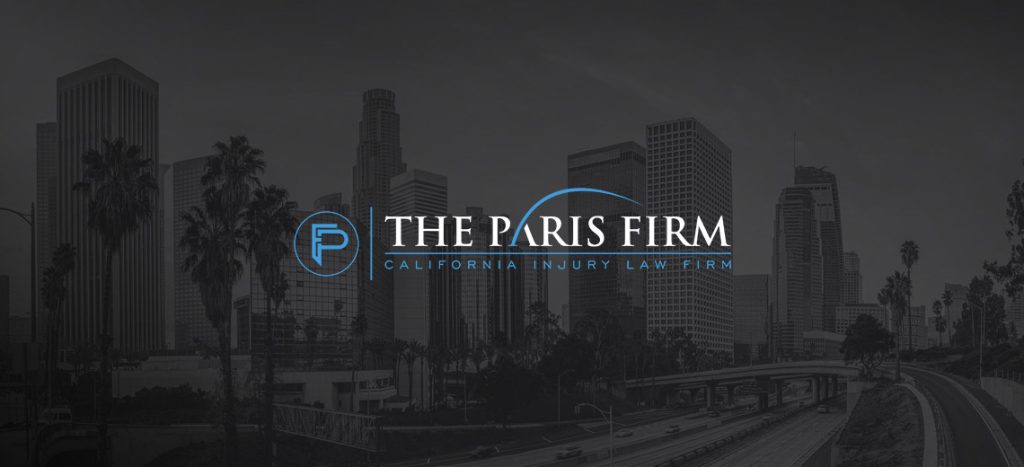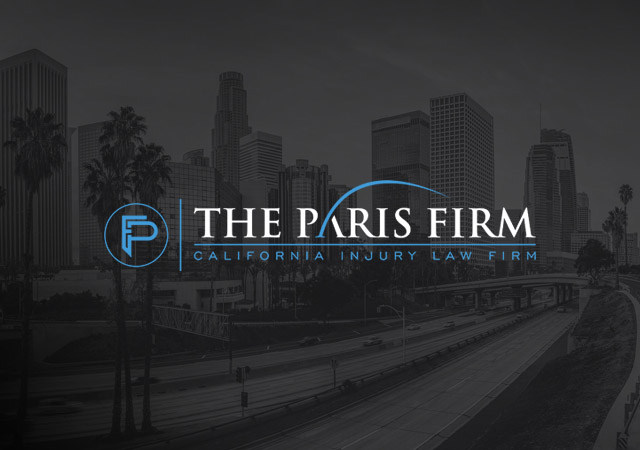When you’re in a car accident, concerns about the costs of auto repair and medical bills are high on your list. The last thing you want to see is an increase in your car insurance premium as well.
Unfortunately, for California residents, an increase in the premium is practically inevitable. A recent study by Insurance Quotes and Quadrant Information Services finds that California has the highest average post-accident premium increases in the country.
On average, the study found, a driver’s premiums in California jump by 78 percent after a crash – which means that California drivers find themselves paying for an accident long after their car is fixed and their medical needs are met.
By contrast, the average premium increase nationwide after a crash is only 44 percent. In several states, including New Mexico, Montana, and New York, the average increase is only about 25 percent.
Why do California drivers pay so much more after filing an auto accident claim? One reason may be the way in which California insurance companies must calculate premiums. In 1998, California voters passed Proposition 103, which prohibited insurance companies from using certain factors, such as credit scores, to determine their rates. Instead, insurance companies must focus on driving safety records, average miles driven per year, and years of driving experience.
Proposition 103 sought to make rate determinations fairer by connecting them to actual driving behaviors and patterns. However, some commentators believe that the law has backfired, leading to much higher rate increases when a driver does experience an accident – even if the accident was not the driver’s fault.
Insurance companies maintain relationships with experienced attorneys and other parties whose responsibility is to minimize the amount the company pays in claims. Fight back with an experienced attorney who knows how insurance companies work and how to negotiate for the fair compensation you need. To learn more, contact The Paris Firm at 909.551.4040 or via our online contact form today.
The articles on this blog are for informative purposes only and are no substitute for legal advice or an attorney/client relationship. If you are seeking legal advice, please contact our law firm directly.



